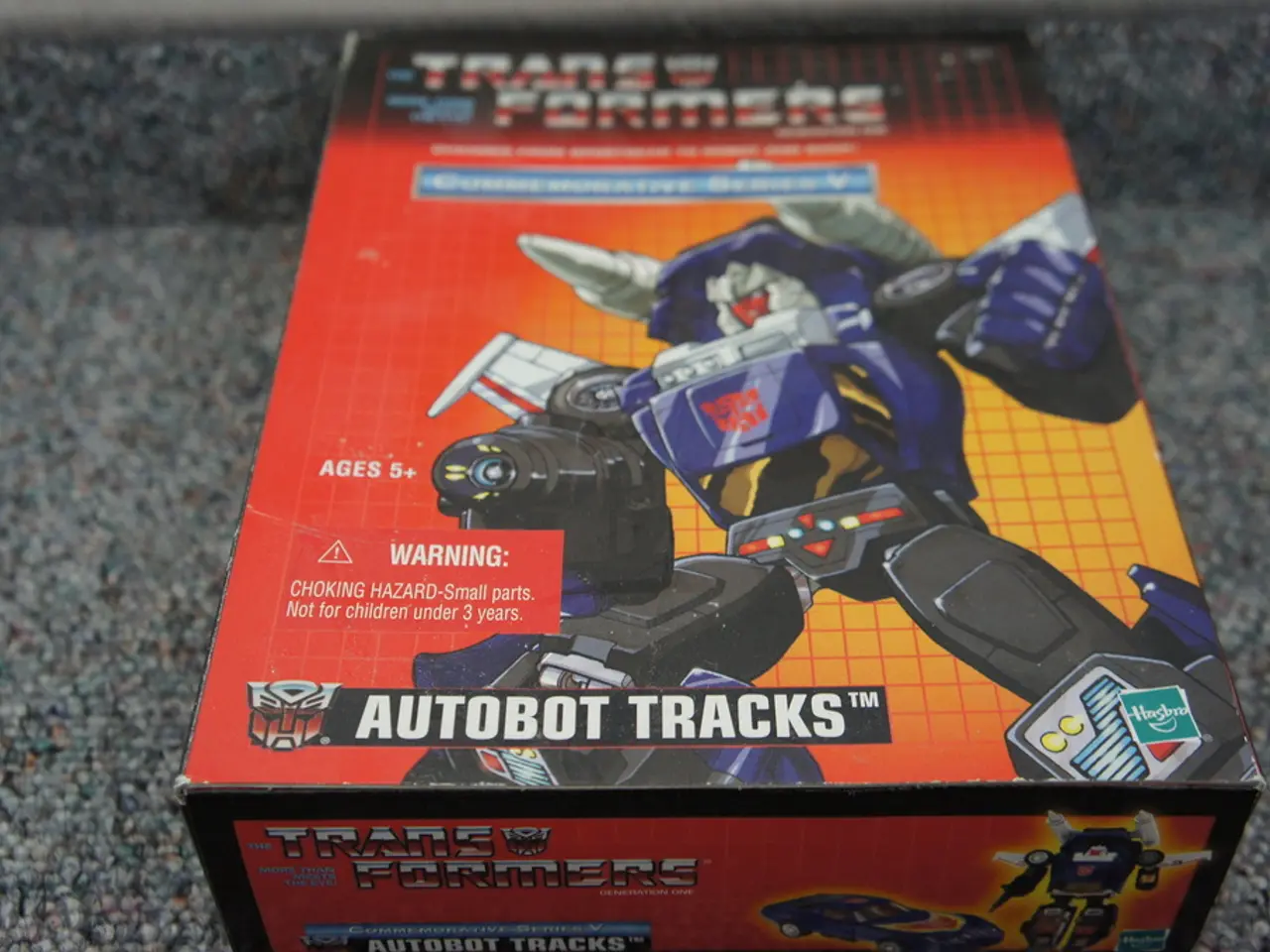AI Innovation Drives Global Manufacturing: Leading Software Companies Embrace Artificial Intelligence Technology for Future Advancements
In the dynamic world of industry, Romanian tech company ASSIST Software is making waves with its cutting-edge artificial intelligence (AI) solutions. The company's innovative digital twin technology is being utilised in the EveryFish project, a European initiative aiming for sustainable fisheries, demonstrating its scalability across various industries.
ASSIST Software offers manufacturers a cost-effective modernisation path without the need for extensive infrastructure overhauls. By building tailored AI solutions that seamlessly integrate with existing systems, manufacturers can streamline their operations efficiently.
One of the most effective applications of ASSIST Software's AI is predictive maintenance. By analysing sensor data in real time, the company's AI models can predict equipment failures days or weeks in advance, allowing maintenance teams to act proactively. This predictive capability can reduce unplanned downtime by 10-20%, decrease maintenance costs by up to 10%, and extend equipment lifespan.
Beyond preventing failures, AI contributes to precision and quality control by analysing complex production data to detect anomalies and defects early, ensuring product quality and reducing waste.
In terms of supply chain resilience, AI systems deployed by ASSIST Software optimise workflows, dynamically route jobs, forecast lead times based on supplier performance and production load, and provide real-time insights to mitigate delays and bottlenecks. These functionalities help manufacturers respond quickly to disruptions and maintain efficient operations.
ASSIST Software's AI-powered vision systems on the factory floor can detect defects with greater precision than human inspectors, spotting surface cracks, dimensional flaws, or colour inconsistencies in real time. The company has also developed tools to monitor industrial power generators in Romania, helping maintenance teams act proactively and avoid costly disruptions.
Recent projects by ASSIST Software include real-time asset monitoring via IoT sensors, digital twin simulations of factory performance, and remote support through AR tools. The company's Interactive Tech department is responsible for developing advanced Digital Twin solutions for manufacturing.
Gheorghe David, Managing Partner at ASSIST Software, stated that AI is becoming as essential to industrial performance as electricity once was. The company's AI-driven cobots benefit from physical AI training, where machine learning models are continuously improved through real-world data and robotic interactions on the factory floor.
ASSIST Software has expanded its international footprint with offices in Germany, aiming to help manufacturers build smarter, greener, and more efficient operations worldwide. As Romania continues to play an increasingly important role in bringing AI technologies into industrial settings, the future of manufacturing appears to be AI-driven and more agile than ever.
References: [1] ASSIST Software. (n.d.). How AI is transforming manufacturing. Retrieved from https://assist-software.com/blog/how-ai-is-transforming-manufacturing/ [2] EveryFish. (n.d.). ASSIST Software's digital twin technology in EveryFish project. Retrieved from https://everyfish.eu/partners/assist-software/ [3] Quality Magazine. (n.d.). AI in Manufacturing: Predictive Maintenance. Retrieved from https://www.qualitymag.com/articles/98170-ai-in-manufacturing-predictive-maintenance [4] Supply Chain Digital. (n.d.). How AI is revolutionising supply chain management. Retrieved from https://www.supplychaindigital.com/technology/ai/how-ai-is-revolutionising-supply-chain-management
Read also:
- Ford reveals cost-effective electric vehicle foundation, allocates $2 billion for Louisville factory upgrade
- Unveiling a Scholarly Structure for Intelligent Management of Medication Assistance Programs
- Changes in Manufacturing Procedures Affect Supply Chain Operations
- IoT Sensors Fueling a $381.6 Billion Market Expansion by 2034: Insights Into Its Advancements








